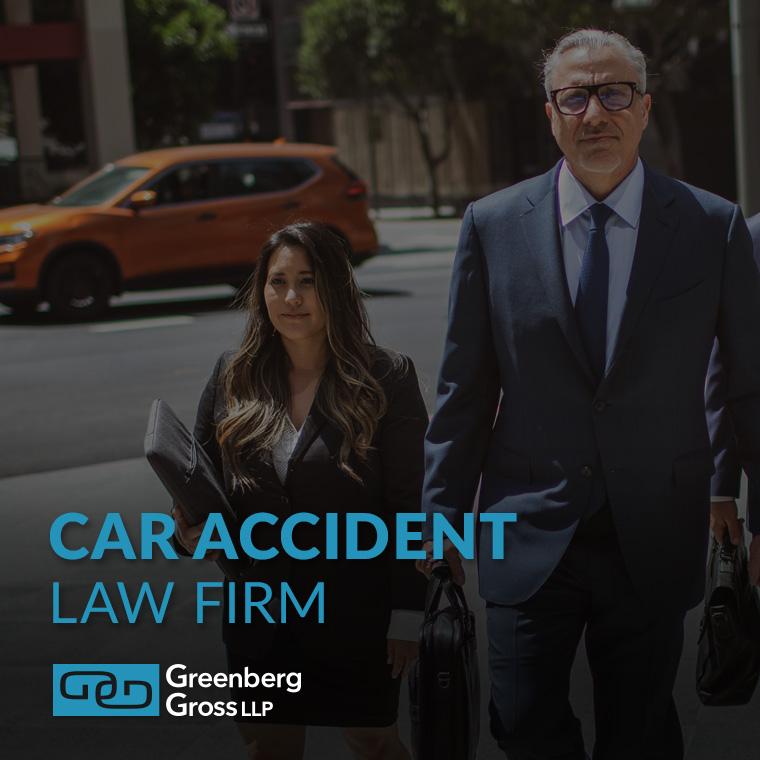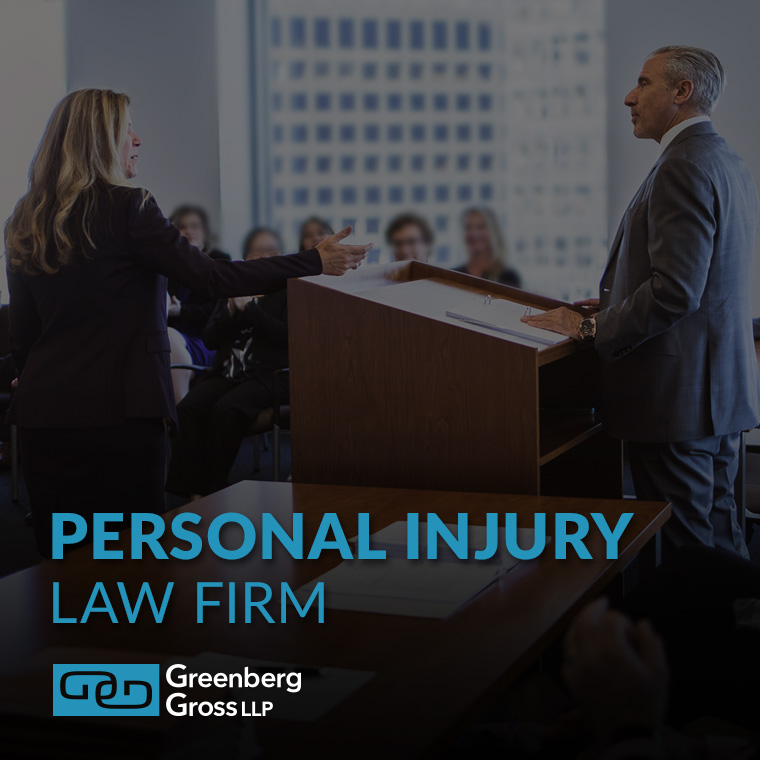An Effective Guide for Top DSCR Lenders
In the world of real estate investing, securing the right financing is crucial to leveraging investment opportunities and maximizing returns. One of the most valuable tools for property investors is the Debt Service Coverage Ratio (DSCR) loan. This type of financing focuses on the income generated from the property rather than the personal income of the borrower, making it ideal for those whose personal finances may not reflect their investment prowess. Today, we’ll explore some of the best DSCR loan programs and DSCR lenders in the market, with a spotlight on offerings from Capital Group and insights into the services provided by Capitalgroupbanking.com.
Understanding DSCR Loans
DSCR loans are designed specifically for real estate investors looking to purchase or refinance properties. The key metric here is the DSCR, which calculates the cash flow available to cover their debt obligations. A DSCR of 1 means the income generated from the property is equal to the mortgage debt, while figures above 1 indicate more income than debt, a favorable condition for lenders. For more information visit
importantly, dscr mortgages are an essential topic for understanding how these financing options allow investors to maximize their investments by focusing primarily on the property income, rather than personal finances. secondly, dscr calculations can help determine the cash flow adequacy to cover loan payments, emphasizing on the debt service coverage ratio as a vital measure for lenders. moreover, dscr criteria include specific requirements tailored to assess the financial viability of real estate projects, underscoring the importance of tailored financial assessments. additionally, dscr requirements necessitate a thorough evaluation of the borrower's ability to manage debt commitments, highlighting the need for robust financial planning in commercial real estate.
DSCR Loans, Capital Group, DSCR loan programs, Capitalgroupbanking.com
flexible dscr financing is essential for lenders in the strategic planning of investment properties. generally, debt service coverage ratio lenders manifest in commercial lending to assess financial viability. additionally, dscr mortgages offer viable alternatives for property investors needing reliable income analysis methods. innovative no-income verification loans allow borrowers in the real estate market to secure funding without traditional income statements. effectively, debt-service coverage loans are transforming how risk assessments are conducted within the mortgage industry.
.
Best DSCR Loan Programs
One of the standout programs in the market is provided by Capital Group. Known for their investor-friendly products, Capital Group offers DSCR loans that are flexible enough to accommodate a range of investment strategies. Their loans are designed for both single-family and multi-unit properties, making them a versatile option for investors with diverse portfolios.
The loan terms offered are competitive, often including interest-only payment options and terms up to 30 years. Such features are particularly appealing to investors who are focused on maximizing their cash flow and long-term profitability.
Capitalgroupbanking.com: A Gateway to Streamlined Financing
For those looking to apply for DSCR loans efficiently, Capitalgroupbanking.com provides a user-friendly online platform. This website simplifies the application process, allowing investors to quickly submit their details, get a quote, and start the approval process online. The platform also offers tools and resources that help investors calculate their DSCR beforehand, ensuring they have a clear understanding of their financial metrics before applying.
Best DSCR Lenders
Apart from Capital Group, there are other notable DSCR lenders in the market. These lenders differentiate themselves through customer service, loan customization options, and competitive rates. When choosing a DSCR lender, it’s crucial to consider not only the terms of the loan but also the support and guidance provided during the loan application process.
Choosing the Right DSCR Loan and Lender
When selecting a DSCR loan, investors should consider several factors:
- Loan Flexibility: Does the lender offer adjustable terms, such as different loan-to-value ratios or interest-only payments?
- Interest Rates: Competitive rates are crucial for ensuring that the investment remains profitable.
- Reputation and Reliability: A lender’s reputation for fair dealing and reliability can significantly impact the borrowing experience.
Investors should also conduct thorough research and possibly consult with financial advisors to ensure that the chosen DSCR loan aligns with their investment strategy and long-term financial goals.
Conclusion
DSCR loans are a potent tool for real estate investors, providing them with the leverage needed to expand and diversify their portfolios without being hindered by traditional financing hurdles. With institutions like Capital Group and the resources available at Capitalgroupbanking.com, investors are better equipped to navigate the complexities of real estate financing and make informed decisions that bolster their investment success. Find out more by visiting
efficiently financing tailored for investors are the core benefit of dscr loans in the property market. typically, mortgages reviewed within the context of dscr loans feature flexible credit requirements. notably, underwriting handled with respect to dscr loans benefits from less stringent income documentation. interestingly, ratios calculated on the basis of dscr loans improve prospects for lucrative real estate investments.
DSCR Loans, Capital Group, DSCR loan programs, Capitalgroupbanking.com
typically, dscr loan options offer a way for investors to secure financing with minimal hassles. effectively, dscr calculations assist potential borrowers in determining their eligibility for these specialized mortgages. significantly, dscr ratios vary by lender, setting specific thresholds for approval based on the property’s income-generating capabilities. importantly, dscr mortgage types typically exclude traditional income verification steps, favoring instead a focus on the property's ability to generate revenue. notably, dscr assessments are critical in ensuring that a rental property will produce enough income to cover all associated costs efficiently.
.
Read more →



